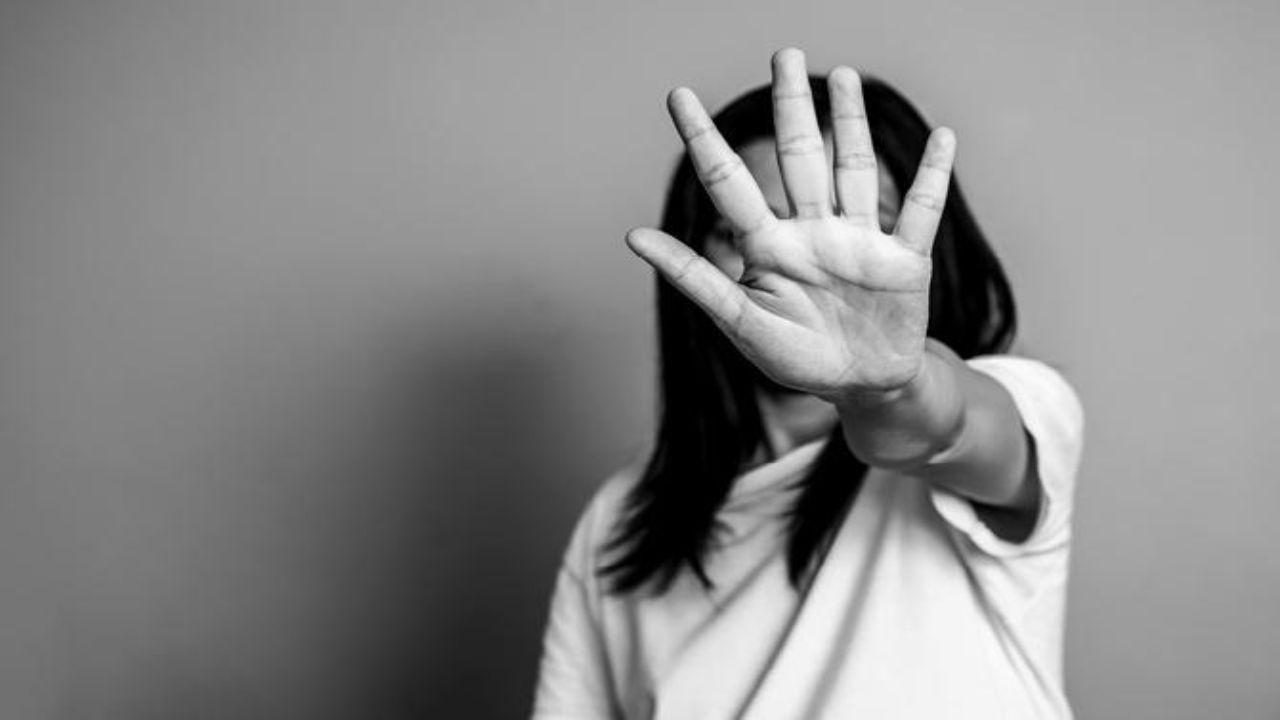The Centre, on January 13, had told the high court that it was considering a “constructive approach” to the issue of criminalising marital rape and has sought suggestions from state governments, the Chief Justice of India, MPs and others on comprehensive amendments to the criminal law

This picture has been used for representational purpose
Is if fair that a wife is denied the right to call rape a rape and is asked to take recourse to the provision of cruelty against her husband for the act in today's age, an amicus curiae posed the question before the Delhi High Court, while favouring striking down of the exception provided to husbands under the rape law.
ADVERTISEMENT
Senior advocate Rajshekhar Rao, who was assisting the court as an amicus curiae in deciding a batch of petitions seeking criminalisation of marital rape, said nobody says that the husband does not have a right, but the question is whether he has a right to get away from rigours of law under the provision or does he believe that the law gives him sanction or he has a birthright in the matter.
Provisions under Section 375 (rape) of the Indian Penal Code exempt sexual intercourse by a man with his wife from the offence of rape, provided the wife is above 15 years of age. “If this is the message which the provision sends, does it not then fundamentally hit on the existence of a wife or a woman?” he argued before a bench of Justices Rajiv Shakdher and C Hari Shankar.
He further said, “Can anyone argue that it is reasonable, just and fair that a wife should be denied the ability to call rape a rape but should be called upon to seek remedy under section 498A (cruelty to married woman) of the IPC in today's age?... unfortunately the law is not gender neutral.” He also shared a video, “Consent: It's simple as tea” to explain the aspect of consent and said this was widely circulated on social media after the Nirbhaya gang rape incident.
“Every young lady must have seen this video,” Justice Shakdher said. During the hearing, Justice Shankar said he was of the prima facie view that consent was not at all the issue in this matter. While giving an example, Rao said in an otherwise happy marriage, if the wife is just saying she is not in for sexual intercourse today, law does not say that the husband can do so, but it subtly says if he does in lack of her consent, he will not be called out for raping her.
He had earlier submitted that married women will be denied the right to call a rape a rape till the law provides protection to the husband from prosecution for a non-consensual sexual act with the wife.
The Centre, on January 13, had told the high court that it was considering a “constructive approach” to the issue of criminalising marital rape and has sought suggestions from state governments, the Chief Justice of India, MPs and others on comprehensive amendments to the criminal law.
Central government standing counsel Monika Arora had told the bench that the Centre was undertaking a comprehensive task of amending the criminal law which includes section 375 (rape) of the IPC. Rao had said that the foundation of section 375 of the IPC was the lack of consent and there was no reason to give lessor protection against non-consensual intercourse to a married woman. He had thus argued that the marital rape exception in law was arbitrary and violated article 14 and article 21 of the Constitution of India.
The bench was hearing PILs filed by NGOs RIT Foundation, All India Democratic Women's Association, a man and a woman seeking striking down of the exception granted to husbands under the Indian rape law. Pleas have also been filed by some men's right organisations which are opposing the petitions seeking to quash the exception, saying there was no question of discrimination and the Parliament has retained the provision considering the overall view of India society. The central government, in its earlier affidavit filed in the case, has said that marital rape cannot be made a criminal offence as it could become a phenomenon that may destabilise the institution of marriage and an easy tool for harassing the husbands. The Delhi government has told the court that marital rape was already covered as a "crime of cruelty" under IPC.
The petitioner NGO has challenged the constitutionality of the marital rape exception under section 375 IPC on the ground that it discriminated against married women who are sexually assaulted by their husbands. The hearing in the case will continue on January 17.
This story has been sourced from a third party syndicated feed, agencies. Mid-day accepts no responsibility or liability for its dependability, trustworthiness, reliability and data of the text. Mid-day management/mid-day.com reserves the sole right to alter, delete or remove (without notice) the content in its absolute discretion for any reason whatsoever.
 Subscribe today by clicking the link and stay updated with the latest news!" Click here!
Subscribe today by clicking the link and stay updated with the latest news!" Click here!












